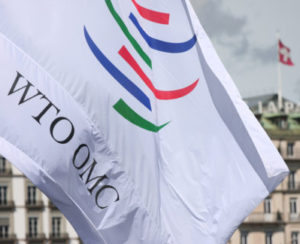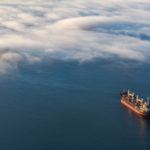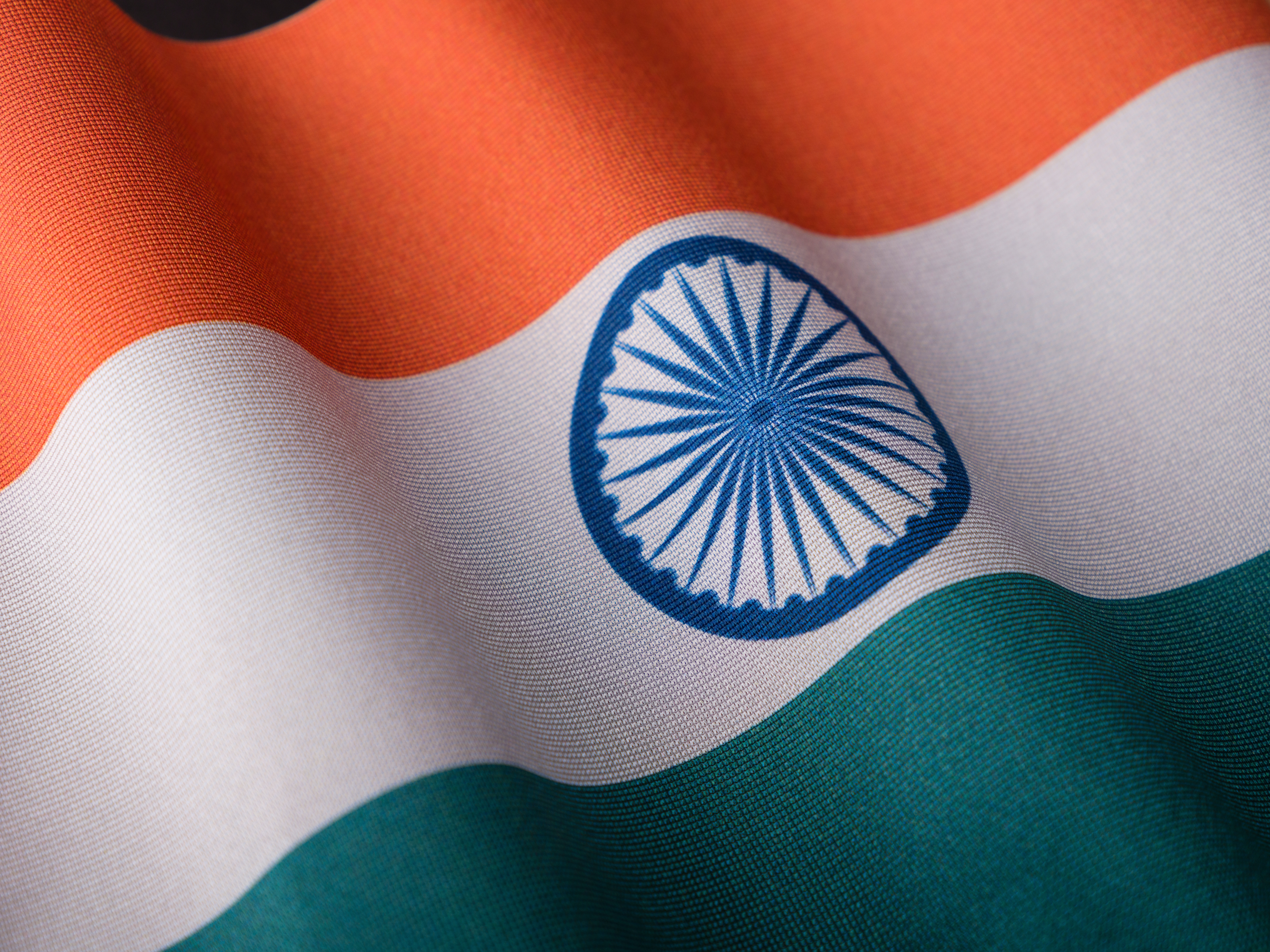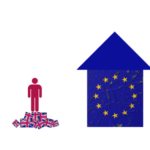The UK is a founding member of the WTO, and has been a contracting party to the General Agreement on Tariffs and Trade since 1948. Since acceding to the EU, the UK’s commitments and role in the WTO have been subsumed under the EU’s common commercial policy. On leaving the EU it will participate in the WTO in its own right. It will then need to define its position across the main functions of the WTO: the negotiation and administration of WTO agreements; dispute settlement; and surveillance.
The negotiations arm of the WTO is perhaps the most well-known. Negotiations usually take place in “rounds”. The current round, launched in Doha, Qatar in 2001 has seen only very limited progress. Its chief results have been a new agreement on trade facilitation, and an agreement on liberalising trade in Information Technology.
Less well known, but nevertheless of great importance, is the administrative function of the WTO. This function is undertaken by a variety of councils and committees that administer specific agreements or deal with specific issues (such as trade and development and trade environment). The General Council oversees all of this work. Within the work of these bodies, the UK will need to defend positions and put its concerns to others. To take one example, the work of the committee on Technical Barriers to Trade deals with the nexus between domestic regulation (e.g. on health or environmental matters) and trade. The UK can bring specific trade concerns relating to the regulation of other members, and can expect to be challenged in a similar manner
The WTOs dispute settlement function, as its name indicates, deals with litigation between members states. Member states challenge the laws and policies of others that are found to contravene WTO law or commitments undertaken under WTO agreements. The adjudication of disputes occurs in the first instance by panels, whose findings can be appealed through the Appellate Body. The UK has limited direct experience of dispute settlement, and will need to rapidly build its capacity to participate in disputes as complainant, defendant or as a third party.
The least well known part of the WTO is its surveillance function, which is managed by the WTO’s Trade Policies Review Body. All WTO members are subjected to periodic reviews, with the periodicity based on the share of world trade. The four largest members – the US, the EU, Japan and China – are reviewed every two years. Most other countries are reviewed on a 4 year basis, which is the timetable likely to apply to the UK. The reviews are undertaken by WTO staff economists. The purpose of the review process is to have an open discussion about the member states’ trade policies. The process is often beneficial to participating countries since it provides them with an objective assessment of their policies.






